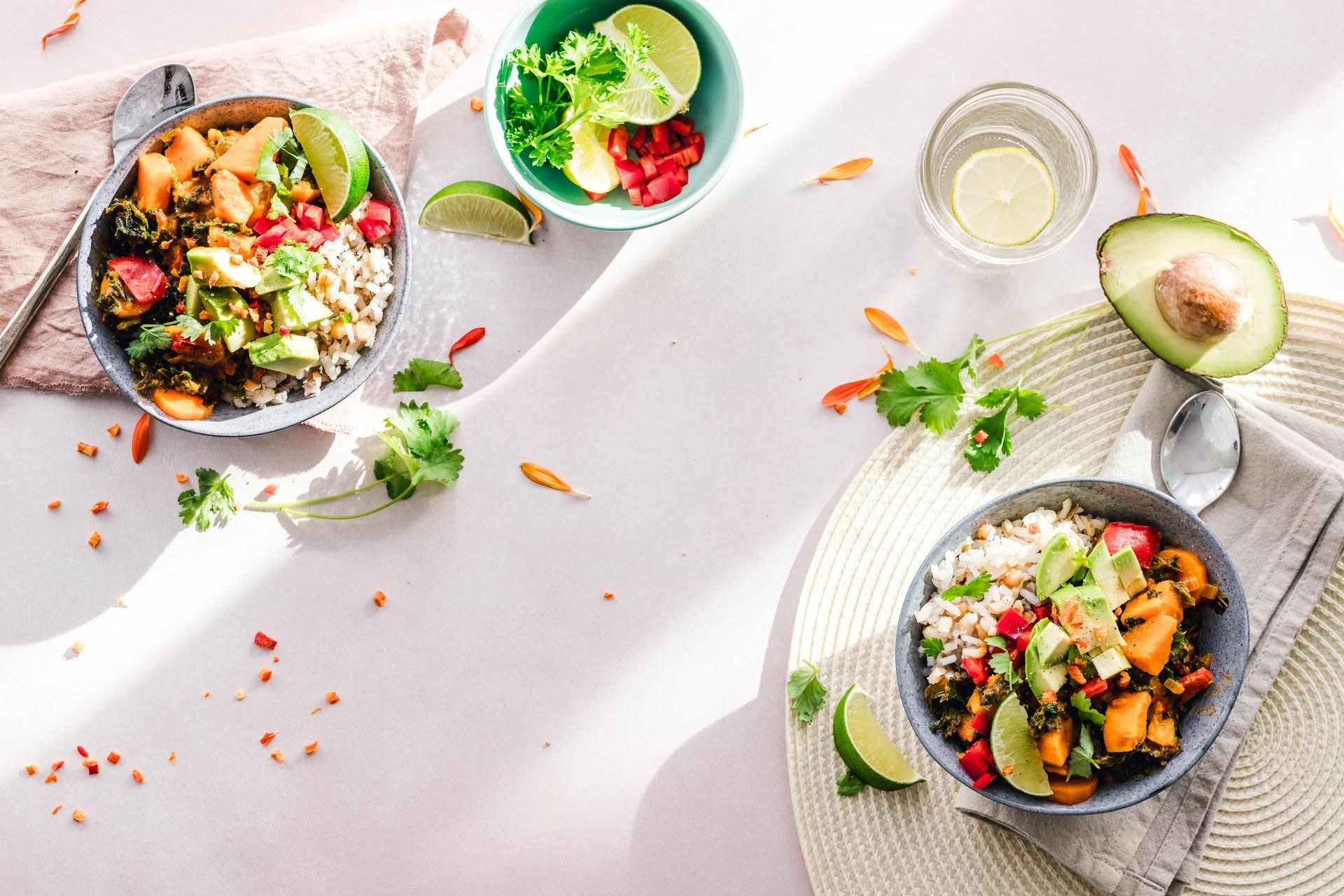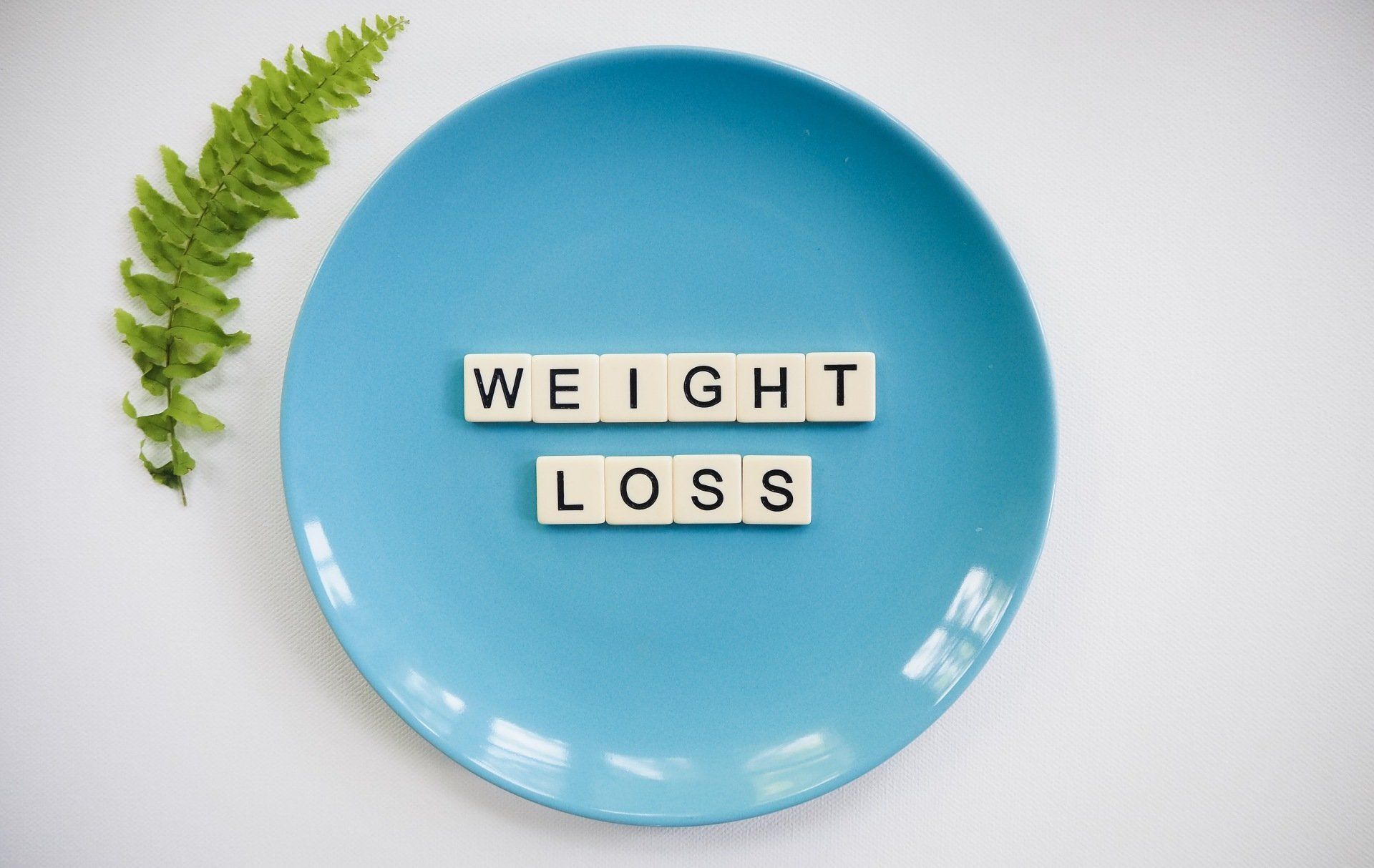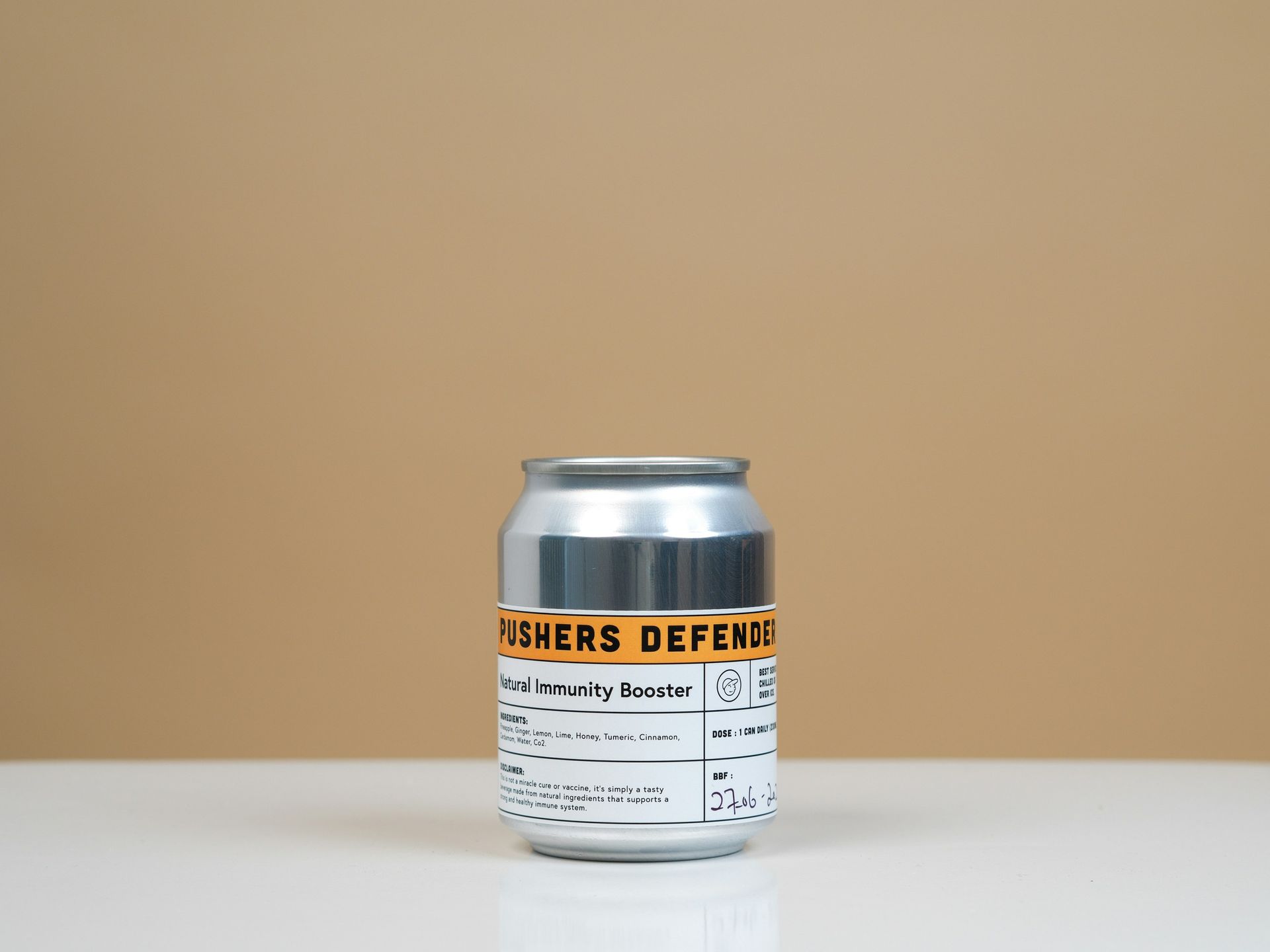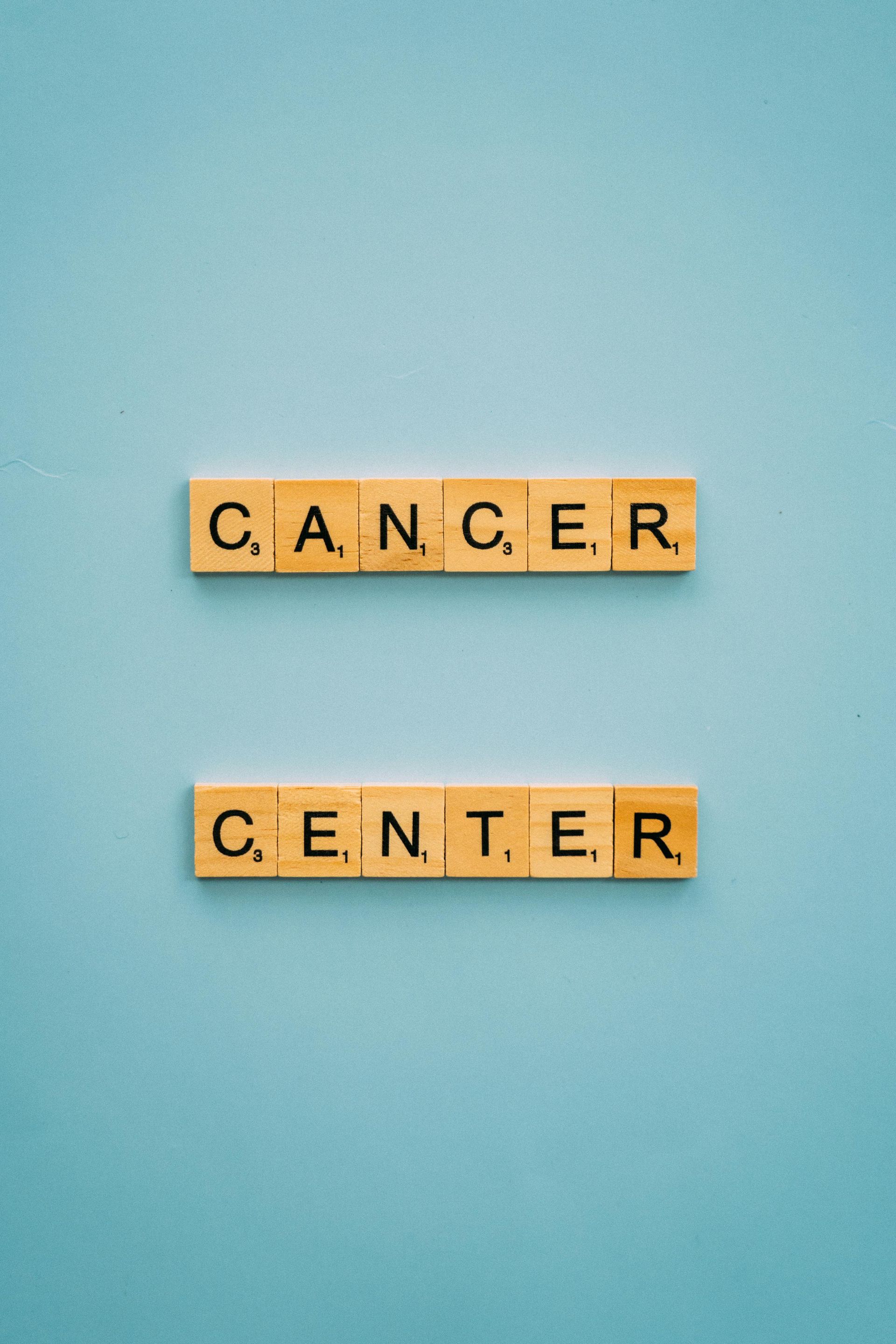Keto diet makes news at the SIO 2019 meeting
It was a beautiful keto conference weekend in the Big Apple.This year, the SIO Society for Integrative Oncology was being sponsored by Memorial Sloan Kettering, and this year, it was held at the Hilton Midtown Hotel in Manhattan, New York City!
A growing society indeed, the SIO now has a little over 600 members.
Integrative Oncology and Alternative Medicine
I was happy to see so many like-minded participants. It was a mixed crowd.
Alternative medicine experts who have an interest in Integrative Oncology - Yoga, TaiChi instructors, Chinese herbalists, Acupuncturists, Mindfulness experts, Keto dieters and vegans were right at home in this conference. Doctors of Medicine and Psychology, Naturopaths, medical students and fellows in training, nurse practitioners and pharmacists were a good portion of the participants. There were patients too, and many patient advocates.
In the field of cancer - complementary medicine, acupuncture, gut microbiome, and sleep, were the featured hot topics. Cognitive behavior training and mindfulness were likewise well represented. There were several speakers who expounded on the topics of insomnia, Chinese herbal medicine, and Aryuvedic drugs. Of course, no complementary medicine conference would be complete without some mention of how KETO DIETS come into the cancer treatment armamentarium!
I had a chance to view many of the accepted posters. Here is a sample of what I found.
Acupuncture
The Italians from the Gemelli Foundation in Rome, Italy, are holding a pilot study wherein acupuncture is being used to treat chemotherapy related nerve pain in patients with breast and gynecologic cancers. The researchers found that the patients who enrolled in their study had improved pain control, and better emotional outcomes after acupuncture treatment.
Honey
Doctors from the University of Kentucky and George Washington University, are using honey to help speed up healing of fistulas that form after laryngectomies ( removal of the voicebox). Featuring 4 of their own patients, they found that wound healing was faster when honey was applied. They concluded that this improved healing could be because honey has antifungal and anti-bacterial benefits.
Mistletoe
Swedish investigators are trying to treat pancreatic cancers with mistletoe extract and see if it had any effects on the survival. The trial is currently going on in 7 Swedish hospitals. 32 patients so far have enrolled. We are still awaiting the results.
At the Sidney Kimmel Cancer Center, which is part of Johns Hopkins University in Baltimore Maryland, the first intravenous mistletoe study is now going on. They are now recruiting patients with advanced solid cancers for their phase I trial.
Soy and phytoestrogens
Poster 180 reviewed the effects of soy on breast cancer. Did you know that soy has a protective effect against breast cancer in Asian women, but also has the opposite effect (might promote breast cancer) on women in the Western world? The authors suggested that the difference could be explained by the individual’s microbiota. In other words, the type of natural bacteria residing inside one’s gut could affect the way soy makes the intestine absorb or excrete estrogen. For now, the advice is to avoid soy if you happen to have breast cancer and are living in a Western society. At least, until we get more future scientific data.
Moxibustion
Have you ever heard of “infrared laser moxibustion? The Chinese are testing this treatment for lung cancers. Using lab mice, they injected them with lung cancer cells until tumors began to appear under their skin. Then, using the laser to treat these tumors, they found that they were able to increase the levels of CD4 T helper cells, which led to immune system activation and inhibition of tumor growth.
Gut Microbiome
The type of bacteria within your gut, apparently matters. Immunotherapy is a hot new treatment these days. For cancer, the FDA has approved immunotherapy for many cancers, however, it actually only works in a minority of patients. Why is that? The gut bacteria has a role.
Those with “clean guts” meaning to say, the bacteria within their guts did not have much variety ( think of the population in Idaho), tend to have shorter survival times. Patients who respond to and live a long time with immunotherapy were found to have a very diverse population of gut bacteria! (diverse- think of the population in New York).
When you use a lot of antibiotics, your gut gets cleaned out, and the number of varieties of bacteria in your gut becomes much less, and that could be a bad thing because it makes you less likely to respond to immunotherapy.
Scientists at MD Anderson Cancer Center, are therefore studying multiple approaches to cancer therapy, using bacteria. In other words, they are trying to use your stool (poop) and use it to fight cancer!
Ketogenic Diets
I was also happy to see a couple of KETO DIET related posters. Dr. Nasha Winters had her poster “Beyond Keto” which expounded on her approach to Keto counseling.
Ketogenic Diets, Hyperthermia and Hyperbaric Oxygen
Dr. Slocum from Turkey had his poster which featured the case report of their breast cancer patient whom they placed on a keto diet among other things, and how she was able to significantly extend her life by using a multi-metabolic approach to treat her cancer.
The treatment consisted of chemotherapy, plus a 12 hour fast prior to chemo. She also received insulin injections under hospital supervision, prior to her chemotherapy, to bring her blood glucose to below 60 mg/dl. In addition she received hyperthermia and hyperbaric oxygen therapy plus was placed on a ketogenic diet. Her PET scans showed complete remission following a six month treatment period. Below is a photograph of their poster.
I didn't have a poster this time, because I made a last minute decision to attend! Maybe next time!
The weekend went by pretty fast, and it was time to get back to the airport.
Until next time, see you all at the next SIO conference in 2020!






